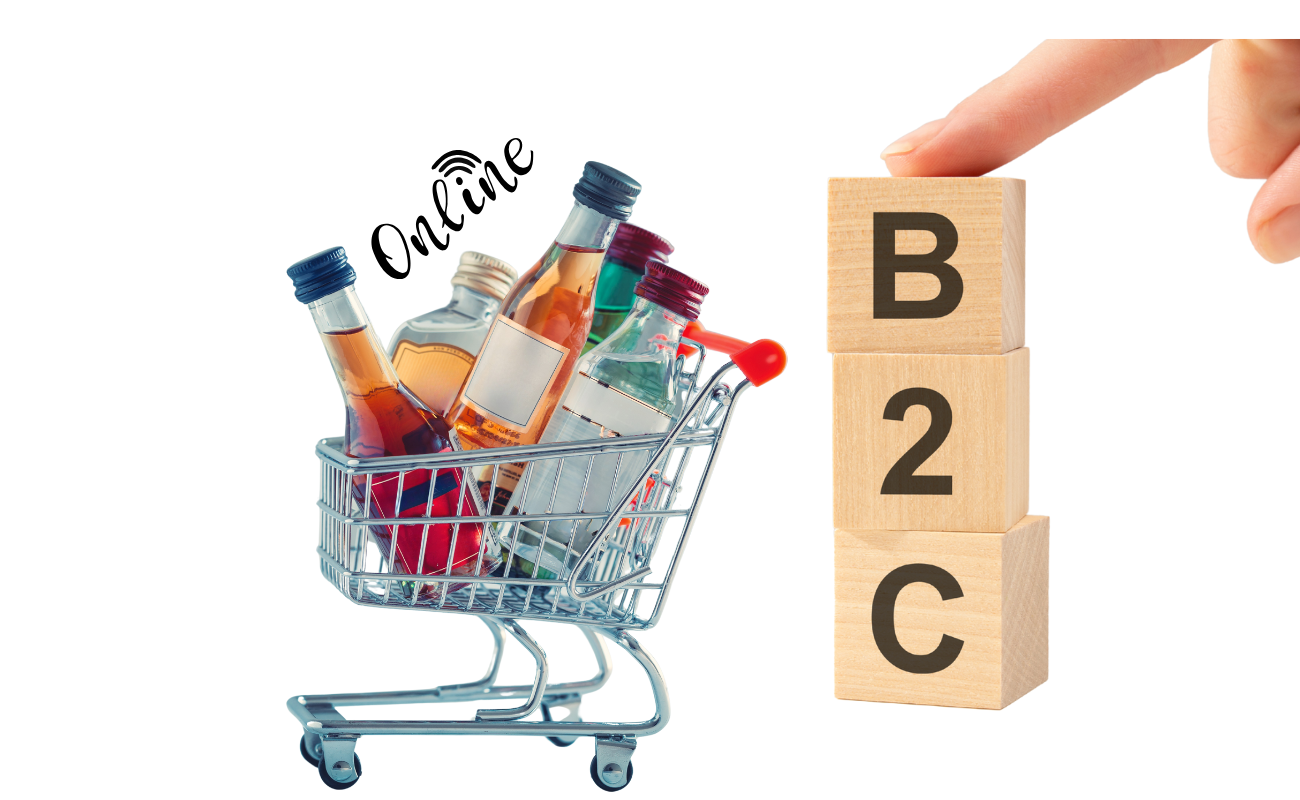B2C IN GREECE: FROM A HARD LAW TO AN EVEN HARDER ONE
It is quite known, especially in the Legal and Tax community, that EU Directives are instruments of hard law, with some soft law characteristics.
They set the standards and provide the recommended practices, at a general and praxis- oriented level, while allowing space for precise, regulatory and enforceable implementing provisions as incorporated in the legal systems of the adopting EU member states.
The transposition of EU Directive 262/2020 on B2C EU Distance Sales of Alcoholic Beverages has been applied in Greece with the integration of A.1035/2022 Decree raised by the Hellenic Independent Authority for Public Revenue and the A.2035 encyclical guidelines including the relevant terms and formalities in implementing level.
But as in a Nut Schell, let’s take a close and collective look at the details and particularities of the pertaining Greek legal framework as established for B2C distance sales of alcoholic beverages.
Article (1) provides clear definitions of the engaged people like the Seller, the Consignor, the Tax Representative and the Private Individual (consumer) while including the full scope of alcoholic beverages subject to excise duties and the engaged formalities.
Article (2) indicates the competent Regional Customs Authorities involved and the local customs offices utilized for inspection & monitoring purposes.
Articles (3-7) set the actual play field for the Seller, the appointed Tax Representative and the Consignor.
The Seller is obliged to obtain a GR Vat registration number while appointing a Tax Representative.
The Tax Representative, prior to the commencement of deliveries, will have to register with local customs Authorities and upon placement of guarantee will receive a Special Permit issued for B2C purposes, valid for a year.
Moreover, in practice, deliveries will have to be physically consigned by the Tax Representative (representing the seller) in the physical address declared at the Special Permit and also have to be preannounced to local customs offices via email, a day before actual arrival.
Declarations for the payment of excise duties and customs vat will have to be lodged at the day or the arrival or the latest a day after.
Redeliveries to private individuals/Consumers can only be arranged after the payment of the Excise duties and customs VAT.
In addition, and according to annex IV of A.1035 Decree the Tax Representative will have to maintain a digital archive demonstrating the deliveries received and declared per private individual/consumer.
Such Archive along with the declarations and the rest of the supportive material is to be inspected annually by the local Customs Auditing Agency.
The Tax related obligations of the GR vat registration number of the seller will also have to be settled by the Tax representative on a monthly basis.
By now most of you are assuming that this framework is structured to create administrative work, capacity building for customs compliance and numerous challenges.
But why is it that Greece among other EU MS has established such a demanding scope for the B2C distance sales landscape for alcoholic beverages?
Let’s look at some factors:
They are completely autonomous and responsible for Revenue Collection including import duties, Excise duties and customs vat and are not managed by the Ministry of Finance or the Ministry of Commerce as in other EU MS.
They cooperate closely with numerous state agencies and organizations including those responsible for market surveillance for alcoholic beverages.
They want to avoid or tackle cases where a person may appear as the private individual /consumer while placing alcoholic beverages in the local market (perhaps though sole proprietorships or other mechanisms).
They receive pressure from B2B licensed operators for more efficient and effective practices.
They operate with the old- fashioned mentality translated into work culture, where everything must be verified and validated through detailed processes.

